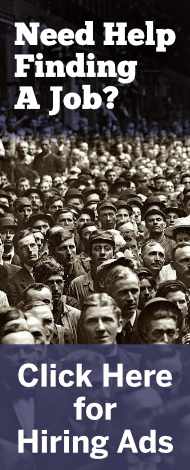
April Henning, Lindsay Biddle Anderson, Traci Bates Grohe, Lisa Popplewell Troxell, Brooke Bolinger Brooks, Rachel Nelson Schaller, Jessica Dingeldein Gerardot, and Abby Chapman Johnson.
By: April Henning
In the spring of 2000, seven friends and I packed ourselves into a tiny hotel room for a week of spring break fun. At the time we probably thought we knew everything. Just a few months from graduating from New Haven High School, we each had plans for how our lives would go—college, houses, families, careers—but they certainly included remaining “friends forever.”
Fifteen years later it was time to put that pledge of friendship to the test. Boarding a plane to Chicago where our reunion was to take place, I was suddenly overcome with what felt like first day of school anxiety. Will they still like me? Do we still have things in common? Will we get along for two days? Most importantly, how many bathrooms will there be?
It’s not that we haven’t kept in touch. A few of us at a time get together here and there. Text messages, emails, Facebook, and even old-fashioned phone calls have allowed us to keep up on each other’s highlights over the years. But each of our current lives has diverged from some of those big plans, as you may have guessed, and most of life’s joys and agonies don’t make it onto social media. On the big things we’re caught up. Our group of eight has: lived in five countries and eight states; married eight spouses; had 14½ children; earned 14 higher education degrees; and established careers including two nurses, two educators, two counselors, a speech language pathologist, and an accountant. But that doesn’t tell you much, really.
But we weren’t just any group of rando acquaintances. We are a group that had been so tightly knit it’s doubtful there was a significant event or thought any of us had that the other seven weren’t aware of (or had anticipated). We knew each other’s work schedules, jeans sizes, car makes and models, relationship and family dramas, the names of all our pets, even what each other probably had for lunch. In our teens and into our 20s most of us saw each other weekly, if not daily. We chose each other to some extent, but didn’t necessarily realize how much energy we put into each other. Energy now reserved for our families and careers. So, our histories are inextricably entwined, but what about our futures?
Most of my fears were calmed almost immediately upon all of us arriving. It was almost too easy. Yes, they still like me (and I them!). Yes, we still have many things in common. And yes, we can still manage to share a single bathroom. The time and distance were important and not important at the same time. We certainly picked up pretty much where we left off and had a great time laughing, exploring, joking, and generally catching up. But because we all realized how rare these reunions are and would become, there was motivation to focus on my friends, ask questions, and listen to their answers. In a way, not seeing them everyday made the time together more significant and special. We no longer have the childish friendship of our youth, but what we have is better. It’s something deeper, an adult friendship based on trust, shared history, and mutual respect.
I have no idea what our friendship will be like 15 years from now. It’s a standard trope that friendships take time and effort to maintain and have to be a priority of all involved to work—even when it’s inconvenient. Plus, life happens. But if I were to guess or gamble, I’d bet on another (two bathroom) weekend in 2030.










